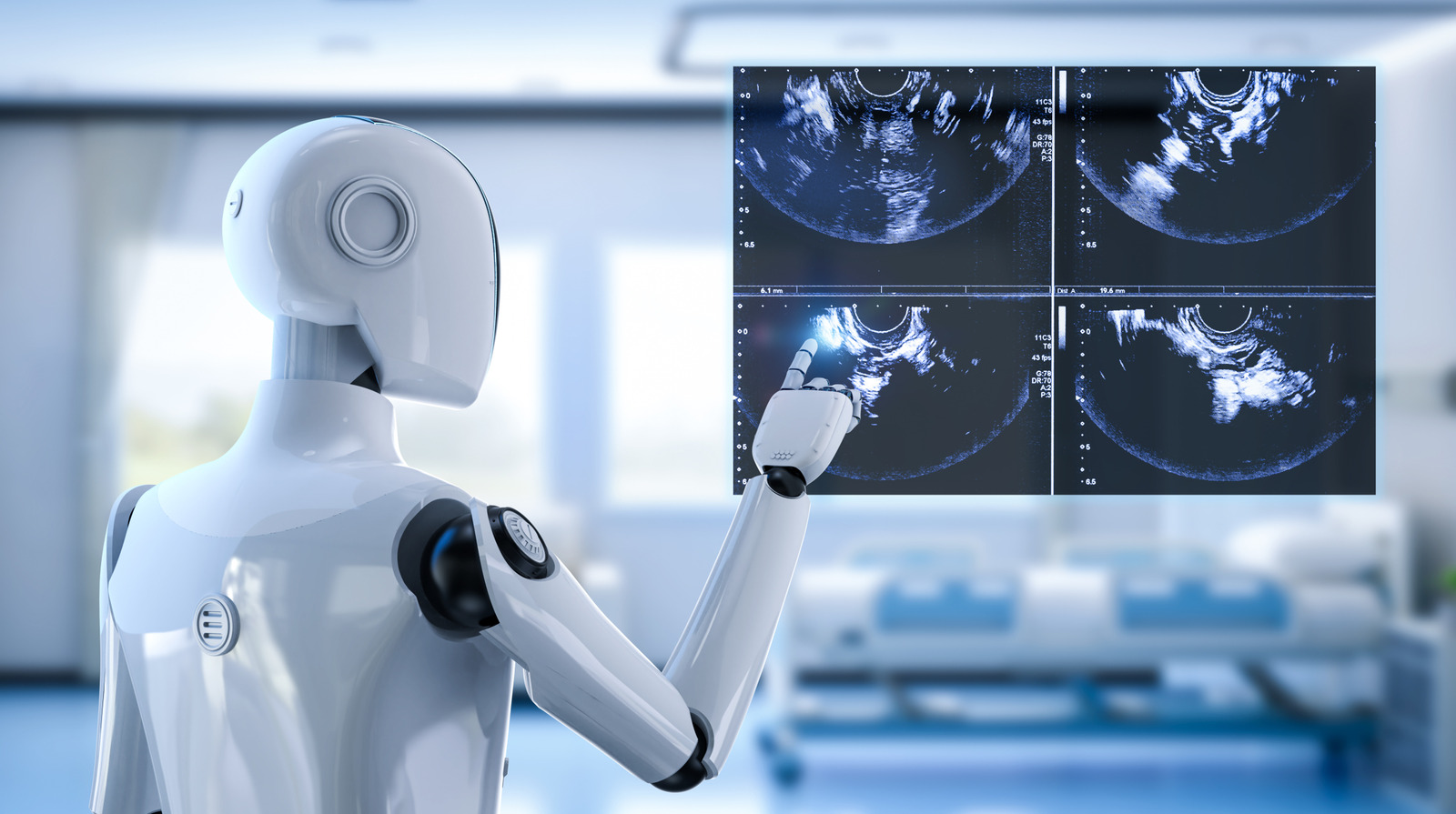Science
China Develops Humanoid Robots for Surrogate Pregnancies

A groundbreaking development in reproductive technology is on the horizon as China’s Kaiwa Technology unveils plans for a humanoid robot designed to carry pregnancies to term. By 2026, this innovative “gestation robot” aims to become a viable option for couples facing infertility challenges, with a projected cost of $13,900. The robot was showcased at the 2025 World Robot Conference in Beijing, where it drew significant attention for its ambitious capabilities.
The gestation robot will feature an artificial womb, allowing it to replicate the entire process of human reproduction, from conception to delivery. According to Zhang Qifeng, a representative from Kaiwa Technology, preliminary experiments with animal models show promising results. Notable progress has already been made in similar technologies, including a 2017 experiment where an artificial womb successfully birthed a premature lamb.
While the current prototype has demonstrated the potential for partial gestation, the challenge remains to support fertilization, implantation, and a complete pregnancy cycle. As details about the robot’s functionality emerge, concerns regarding ethical implications and the nature of its operation are also gaining traction. Questions about the sourcing of eggs and the morality of robotic gestation are at the forefront of public discourse.
“We have held discussion forums with authorities in Guangdong Province and submitted related proposals while discussing policy and legislation,”
said Zhang, indicating that the company is actively engaging with regulatory bodies to address these concerns.
Opinions on the gestation robot are divided. While some express skepticism and ethical unease, others view it as a promising solution for couples struggling with infertility. Infertility rates have been steadily rising across the globe, with the Centers for Disease Control and Prevention reporting that approximately one in five married women experience difficulties in conceiving.
The introduction of this technology could prove to be a significant advancement in reproductive health, especially in a nation like China, where infertility rates have seen an upward trend. The implications for couples unable to conceive naturally could be profound, offering a new avenue to parenthood.
This initiative reflects China’s ongoing commitment to advancing humanoid robotics. Beyond reproductive applications, the country has been developing robots capable of various functions, including assistance in domestic tasks and manufacturing operations. As the technology progresses, the world will be watching closely to see how these developments unfold and what they might mean for the future of reproductive health and robotics.
-

 Entertainment2 months ago
Entertainment2 months agoIconic 90s TV Show House Hits Market for £1.1 Million
-

 Lifestyle4 months ago
Lifestyle4 months agoMilk Bank Urges Mothers to Donate for Premature Babies’ Health
-

 Sports3 months ago
Sports3 months agoAlessia Russo Signs Long-Term Deal with Arsenal Ahead of WSL Season
-

 Lifestyle4 months ago
Lifestyle4 months agoShoppers Flock to Discounted Neck Pillow on Amazon for Travel Comfort
-

 Politics4 months ago
Politics4 months agoMuseums Body Critiques EHRC Proposals on Gender Facilities
-

 Business4 months ago
Business4 months agoTrump Visits Europe: Business, Politics, or Leisure?
-

 Lifestyle4 months ago
Lifestyle4 months agoJapanese Teen Sorato Shimizu Breaks U18 100m Record in 10 Seconds
-

 Politics4 months ago
Politics4 months agoCouple Shares Inspiring Love Story Defying Height Stereotypes
-

 World4 months ago
World4 months agoAnglian Water Raises Concerns Over Proposed AI Data Centre
-

 Sports4 months ago
Sports4 months agoBournemouth Dominates Everton with 3-0 Victory in Premier League Summer Series
-

 World4 months ago
World4 months agoWreckage of Missing Russian Passenger Plane Discovered in Flames
-

 Lifestyle4 months ago
Lifestyle4 months agoShoppers Rave About Roman’s £42 Midi Dress, Calling It ‘Elegant’









